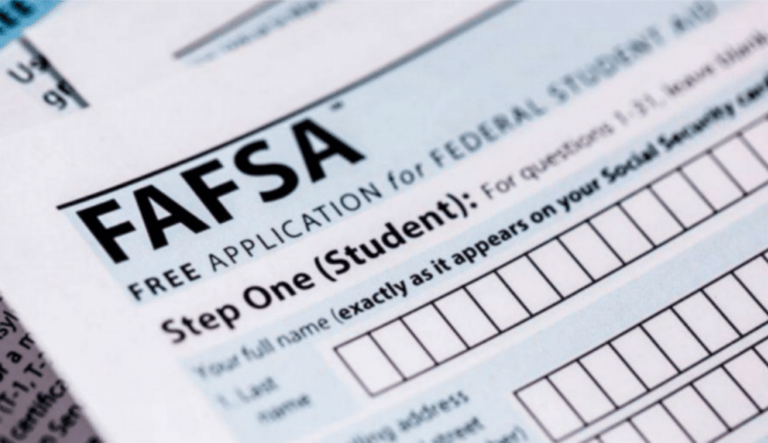SPRINGFIELD – Prospective and currently enrolled college students may be eligible for additional financial aid if their economic circumstances have changed significantly since they first filled out the Free Application for Federal Student Aid (FAFSA).
Jacqueline Moreno, managing director of college access and outreach for the Illinois Student Assistance Commission (ISAC), says her office has fielded many calls from panicked and overwhelmed students and families. She says students are struggling to decide what to do come fall given the COVID-19 pandemic and its effects on family incomes.
“We’re definitely getting phone calls, emails, text messages, stopped in the grocery store,” Moreno says. “They’re asking us our opinion on what they should do. Should they take a year off? Are online classes OK? What if their financial situation has changed?”
Moreno’s advice: reach out to your college or university’s financial aid office. She says colleges and universities routinely handle financial aid package adjustments, even in years when there isn’t a global pandemic.
“While it takes some effort, it is not an overwhelming process to ask a school and the financial aid office to take a look at your family’s situation because it’s changed, and to rework your financial aid package for you. Special circumstances are very common. Schools are experts at handling those things,” Moreno says.
She says students will need to provide documentation proving their family’s financial circumstances have changed since they completed the FAFSA. Moreno says if students are considering multiple schools, they’ll need to send documentation to each one.
“Even though you complete one application to apply for financial aid, when you have adjustments to make, you have to reach out to each school individually,” she says. Different schools may also require different financial records, Moreno added.
Colleges and universities also aren’t required to adjust aid packages, but Moreno says it’s still important students ask them to consider their changed financial circumstances.
“Each school may have a different threshold for what they’ll consider. It is a school-by-school, case-by-case basis. So, they’re not obligated,” she says. “But I’ve never encountered a school that would not consider financial special circumstances.”
Moreno says once a school makes an adjustment on someone’s financial aid calculation, that information is also sent to ISAC, which manages the state’s Monetary Award Program (MAP). MAP grants are distributed to low-income students who attend Illinois colleges and universities, and the award amount — up to $5,340 per year — is based on the information provided in a student’s FAFSA.
“When a school makes a change for a student, it recalculates their eligibility for everything automatically. So whether it’s the Pell Grant or the MAP grant or federal student loans, it’s all recalculated then once those adjustments are made,” Moreno says. The same process is true for undocumented and transgender students who aren’t eligible to receive federal financial aid. Moreno says those students should also notify their schools if their financial circumstances have changed, because they might be eligible for additional school-based aid, or state-based aid under the Alternative Application for Illinois Financial Aid.
Moreno says students struggling to decide whether or how to attend college this fall should reach out to ISAC for guidance and information. ISAC recruits and trains recent college graduates to provide mentorship to high school students.
“If a student wanted to go away to school and now feels like they’d rather stay closer to home, we can help them figure out how to do that, we can help them navigate that,” Moreno says.
Follow Lee Gaines on Twitter: @LeeVGaines

